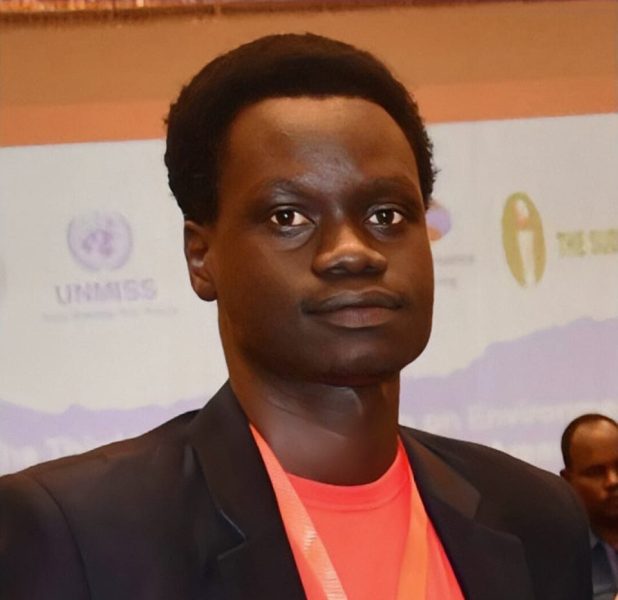
Sometimes people think that peace simply means there’s no war. But that’s a pretty narrow view. In reality, real peace isn’t about avoiding questions or silencing critics, it’s about holding leaders accountable for the crimes they’ve committed.
In South Sudan, this misperception has allowed those in authority to operate with no monitoring, hiding behind the notion that “peace” means everything is good. But true peace does not imply the absence of scrutiny. It is the manifestation of honesty and accountability.
Over the years, there have been numerous cease-fires and peace agreements. Each time, leaders tell citizens, activists, and media to remain silent, claiming it is for the benefit of peace. This is frequently presented as patriotism or unity. But when people are discouraged from questioning their leaders and journalists are intimidated for reporting the truth, peace begins to feel like a deadly illusion.
When accountability is missing, we have quiet oppression rather than peace. Real peace means that people can communicate freely and without fear. It is about leaders being held accountable for their actions. It is about governments working for their citizens rather than silencing them. South Sudan’s history demonstrates what occurs when such equilibrium is lost.
Since the civil war began in 2013, leaders have utilized peace agreements to solidify their grip rather than creating opportunity for genuine reconciliation, reform, or justice. Let us be honest: the people of South Sudan deserve more than just a temporary respite. They require functional institutions, leaders who listen and respond, and a legal system.
But none of this can happen if asking questions is perceived as a threat. Many who speak up are regarded as “enemies of peace.” Whistleblowers, journalists, opposition leaders, and activists are frequently portrayed as troublemakers. However, these are folks who keep society honest. Without them, corruption thrives, abuses go unchallenged, and the cycle of violence perpetuates.
Peace is more than just being silent, It’s about a widow in Western Equatoria State (WES) being able to ask why her son was detained unlawfully and getting an honest answer. It’s about a young journalist in Juba being able to report on a minister’s misuse of funds without fear. It’s about displaced families in Bentiu being able to demand justice and actually receive it. Peace isn’t pretending everything’s okay; it’s about allowing the truth to come out and fixing what’s wrong.
South Sudanese leaders need to start viewing criticism as an opportunity for growth rather than a threat. Constructive criticism should be accepted, not viewed as a threat. Civil society, the media, and regular individuals should work together to build the nation, not against it. The international community also plays a vital role here. Too often, outside actors celebrate “stability” without questioning whether it is fragile or simply calm before the storm. Donors and mediators should not be rewarded for remaining silent or maintaining an appearance of peace. Instead, they should advocate for actual reforms, encourage openness, and preserve citizens’ right to speak up.
If South Sudan truly wants peace, we must reconsider what that entails. Peace is more than just halting guns; it is about empowering people. It is about establishing institutions that listen, laws that protect, and leaders who are accountable.
To the leaders, don’t be scared to face scrutiny. I welcome it. It is the only way to actually help the people. To the citizens, keep asking questions. Your voice is important, not a threat to peace. And to the international community, advocate for a long-term peace based on justice, accountability, and truth. Only then can South Sudan move from simply averting war to truly achieving peace.

